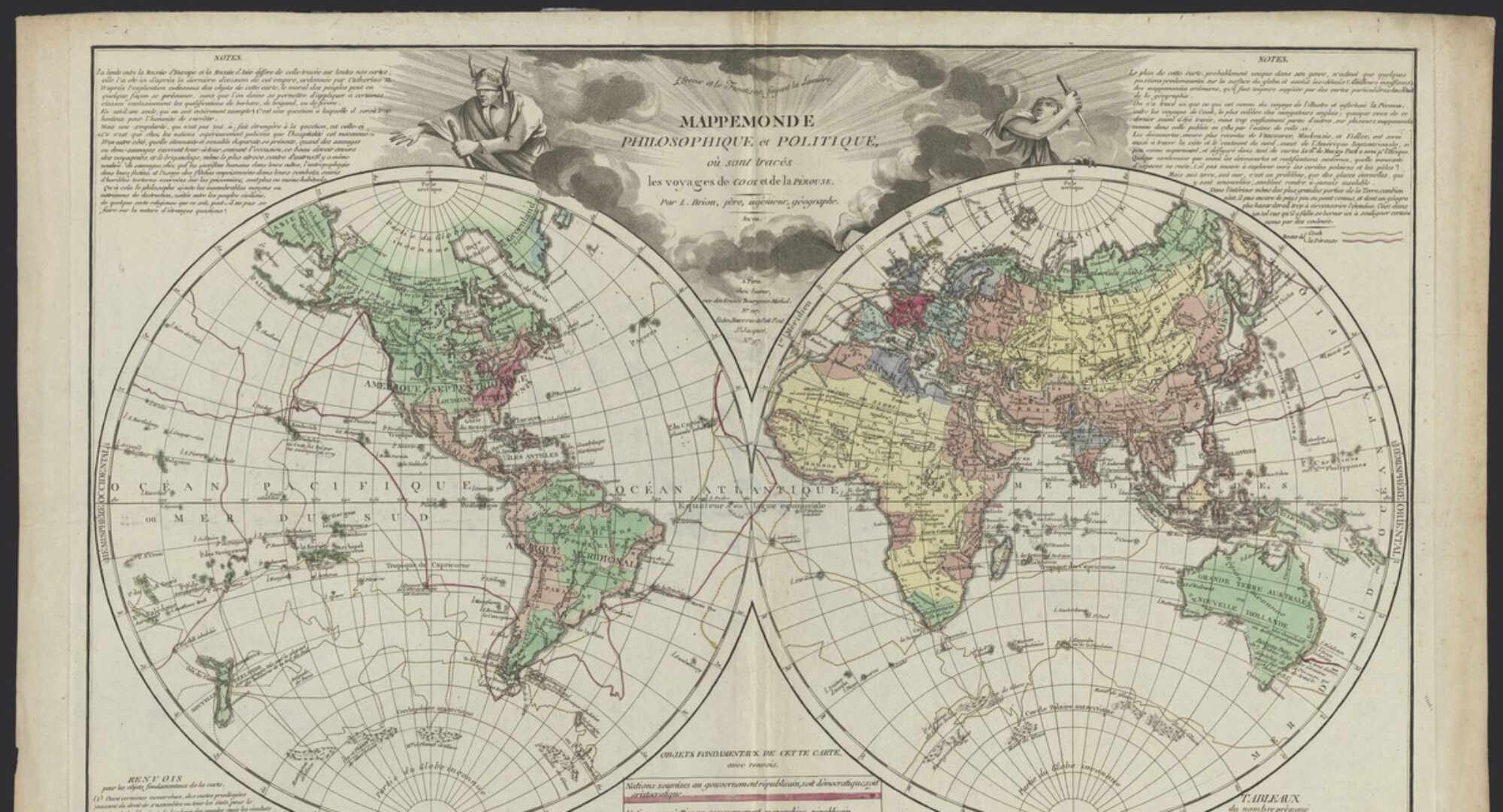“‘Classical’ Music around the Globe: Meanings of 20th-Century Musical Mobility” – Public Lecture by Friedemann Pestel (Freiburg)
date and place: 22 october 2020, online
Abstract
During the 20th century, travelling symphony orchestras shaped cultural relations around the globe. The Berlin and Vienna Philharmonic Orchestras assumed principal roles for the globalisation of musical life. Understanding music as a ‘travelling concept’, this paper uses the lens of orchestral ‘world practices’ (Jürgen Osterhammel) to unpack the various meanings ‘classical’, ‘European’, ‘Western’, or ‘German’ music took in different world regions. Discussing the cases of Latin America, Japan, China, and Israel, this paper links prevalent ideas of music in these regions to the political, social, and cultural driving forces of musical mobility. Rather than approaching music as a ‘universal language’ promoting the ‘understanding between peoples’, it proposes to reconsider musical globalisation in the light of cultural nation-building, migration, ideological uses, and memory. The remarkable continuity of orchestral performances and musical repertoires throughout the 20th century was linked to highly divergent local and regional appropriations while, at the same time, they broadened and substantiated the global presence of ‘classical music’.
Biography
Friedemann Pestel is lecturer in Modern European History at Albert-Ludwigs-Universität Freiburg. He was a visiting fellow at the German Historical Institutes in Paris and London and the Universities of Vienna and Bordeaux. In 2020/21 he holds a junior fellowship at the Freiburg Institute for Advanced Studies. His research interests and publications cover the French and Haitian Revolutions, political migration in the Age of Revolutions, conceptual history, the history of classical musical life, and memory studies. He is currently working on a global history of orchestral touring in the 20th century.
“Conservative Cosmopolitans: Counter-Revolution and Enlightenment in European History Writing” – Book manuscript workshop around Matthijs Lok’s book in progress (for invitees only)
date and place: 23 october 2020, online
Participants: Annelien De Dijn (Utrecht), Alicia Montoya (Nijmegen), Friedemann Pestel (Freiburg), René Koekkoek (Utrecht), Camille Creyghton (Utrecht), Robbert-Jan Adriaansen (Rotterdam), Lien Verpoest (Leuven), Beatrice de Graaf (Utrecht).
“‘Doubts about man’: Apes and global markets in Enlightenment debates” – Lecture by Silvia Sebastiani (EHESS, Paris)
Date and place: 8 December 2020, online
Abstract
In this paper, Silvia Sebastiani will discuss how Europe’s trade of apes, slaves and goods tested the boundaries of humanity during the Enlightenment. She will look at scientific, political and legal debates raised by the introduction, dissection and public exposition of the so called ‘orangutan’ in European metropoles, paying specific attention to the British context: how does the ‘orangutan’ contribute to our understanding of Enlightenment ‘science of man’? In what ways has it been used to conceptualize humanity? Eighteenth-century physicians, natural historians, geographers, lawyers, or merchants, while reframing the borders between humans and apes, also contributed to increase the distance between the ‘savage’ and the ‘civilized’ peoples: whereas the human/animal divide lowered, the divide between human ‘races’ increased and crystallized.
Biography
Silvia Sebastiani is “maître de conférences” (associate professor) at the École des Hautes Études en Sciences Sociales, Paris. She obtained her PhD at the European University Institute with a thesis on race and gender in the Scottish Enlightenment. Her book The Scottish Enlightenment. Race, Gender and the Limits of Progress (2013) was awarded the Istvan Hont prize for the best book in intellectual history of the year. In 2017-2018 she stayed at the Princeton Institute for Advanced Study. Her current research is about Enlightenment debates on slavery and the boundaries between man and apes in the context of empire.
